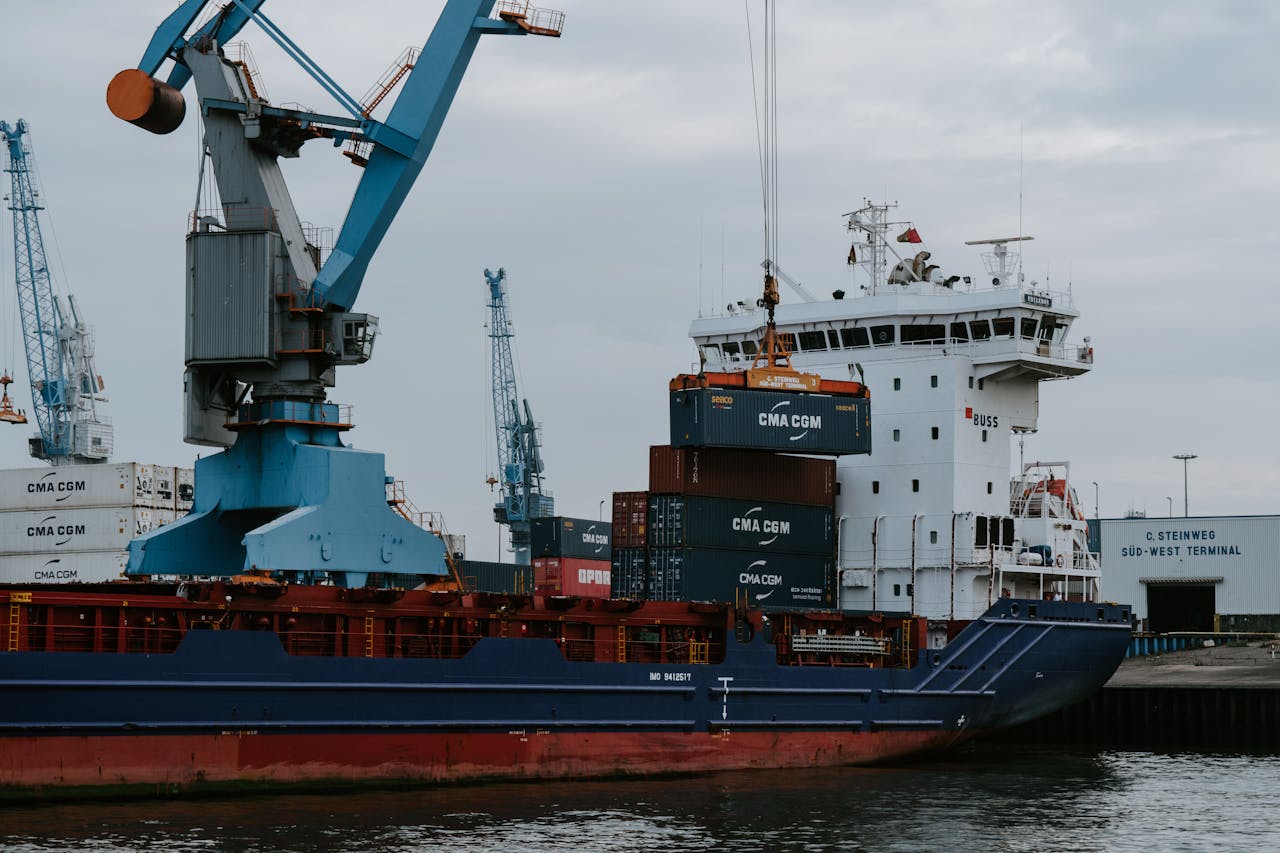Global Trade: Navigating a fragmented future

Global trade is navigating turbulent waters. Dr. Ngozi Okonjo-Iweala, Director-General of the World Trade Organization (WTO), acknowledges that “global trade is not having the best of times at the moment.” Increasing protectionism and undermining of WTO rules are leading to a concerning fragmentation of the global market.
Global trade is essential for economic resilience and growth. Yet, recent developments highlight a trend towards economic nationalism.
The European Union recently imposed tariffs of up to 37.4% on Chinese electric vehicles (EVs), echoing the United States’ earlier 100% tariffs on similar imports. The accusations are similar: China is allegedly subsidizing its EV sector, enabling unfairly low export prices and threatening Western jobs.
EU Trade Commissioner Valdis Dombrovskis insists that Europe remains open to competition, but it must be fair. Last year, global trade volume declined for only the third time in 30 years, a drop attributed to higher inflation and interest rates. The WTO forecasts a recovery this year, yet fundamental shifts continue to reshape the global economy.
Stormy seas of global trade
This dynamic is impacting nations worldwide, from Peru to Vietnam, forcing them to choose between strengthening ties with Western powers or aligning with a China-Russia axis. WTO data shows that trade between like-minded blocs is growing faster than trade across blocs. This fragmentation, Dr. Okonjo-Iweala warns, could be costly, potentially reducing global economic output by 5-7%.
Chinese EV exports to Europe surged from $1.6 billion in 2020 to $11.5 billion last year. Companies like BYD, Geely, and SAIC have benefited from substantial government support. Jens Eskelund, president of the European Union Chamber of Commerce in China, argues that Chinese EV companies are now competitive without subsidies. The introduction of tariffs, he suggests, indicates an imbalance.
The EU aims to reduce its economic dependence on China. European Commission President Ursula von der Leyen has called for “de-risking” rather than decoupling relations with China. Concerns include Beijing’s use of sensitive technology for military purposes and its support for Russia in the Ukraine conflict. Companies like Ikea, Nike, and Apple are also seeking to lessen their reliance on China.
While the EU and China are set to discuss the potential EV tariffs, Chinese state media reports that retaliatory measures are being considered against EU goods. Additionally, other global trade routes face significant challenges. Panama Canal officials have reduced the number of ships allowed to traverse the waterway due to a lack of rainfall, while the Suez Canal faces disruptions from Houthi rebel attacks.
Enjoying this article?
Subscribe to get more stories like this delivered to your inbox.
Rolf Habben Jansen, CEO of German shipping giant Hapag-Lloyd, notes that these disruptions have increased shipping rates by 30-40%. These costs ultimately pass on to consumers, potentially pushing inflation higher just as central banks begin to control it.
Hope, resilience, cooperation
Despite these tensions, Dr. Okonjo-Iweala remains hopeful about the resilience of global trade. The WTO is prepared to help countries resolve their differences. She also advocates for updating WTO rules to address climate change challenges, emphasizing the need for cooperation rather than repeating the retaliatory tariffs of the 1930s.
Global trade may be in rough seas, but with strategic navigation, it can weather the storm and steer towards a more sustainable future.
Source:
‘Protectionism eroding global business’ – world trade chief
Related Story:
